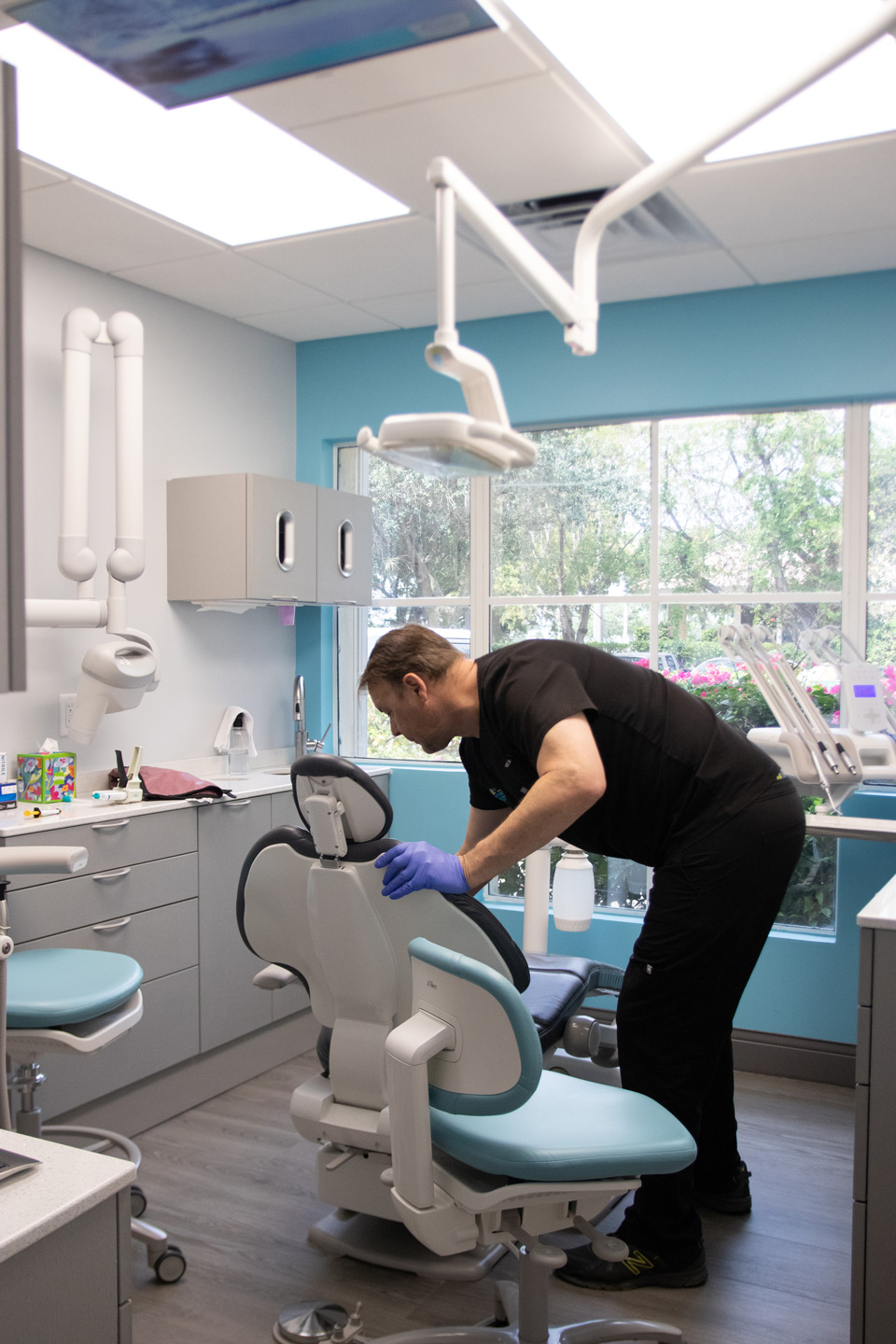Usual Concerns Regarding Dental Veneers Answered
Dental veneers have actually come to be a significantly desired alternative for those looking to boost their smiles, yet several people stay uncertain concerning different elements of their use. Trick concerns commonly occur concerning the application procedure, long life, and prospective risks associated with these cosmetic enhancements. In addition, the distinction between porcelain and composite veneers can dramatically influence one's choice. As we check out these typical queries, it becomes necessary to consider not just the advantages however also the ramifications of opting for oral veneers in pursuit of an extra positive look. What variables should one consider prior to making such a choice?
What Are Dental Veneers?
Dental veneers are slim, custom-made coverings crafted from porcelain or composite material that are designed to cover the front surface of teeth. These oral prosthetics offer both aesthetic and functional objectives, offering a remedy for various dental flaws, consisting of staining, chips, voids, and imbalance. By adhering to the teeth, veneers can considerably improve the total look of a smile, creating a more appealing and consistent appearance.
Porcelain veneers are especially preferred for their all-natural translucency and discolor resistance, making them an ideal option for people looking for durable results. On the other hand, composite material veneers are usually cheaper and can be applied in a single browse through, but they may not use the same resilience as porcelain choices.
The choice to decide for oral veneers often stems from a wish for aesthetic renovation, yet patients ought to also think about elements such as the durability of the product, upkeep demands, and the prospective requirement for tooth decrease (Porcelain Veneers Washington DC). Ultimately, dental veneers stand for a reliable and functional remedy for attaining a radiant smile, accommodating individual aesthetic needs while advertising confidence and self-esteem
How Are Veneers Applied?
The application procedure for veneers requires mindful preparation and precision to make sure ideal results. The treatment generally begins with a thorough appointment, where the dentist assesses the client's oral wellness, goes over desired outcomes, and establishes the proper kind of veneers, whether porcelain or composite material.
When the treatment strategy is established, the dental professional prepares the teeth by removing a slim layer of enamel, typically about 0.5 mm to 1 mm, to accommodate the veneer. This action is important as it makes sure an appropriate fit and avoids the veneers from showing up large - Veneers. After prep work, perceptions of the teeth are taken to produce custom veneers that match the person's one-of-a-kind oral structure and aesthetic choices
While the long-term veneers are being made in an oral laboratory, momentary veneers might be positioned to protect the ready teeth. When the permanent veneers are ready, the dental expert will meticulously bond them to the teeth using a strong dental adhesive.
What Are the Perks?

Furthermore, veneers are recognized for their durability and resistance to tarnishing contrasted to natural teeth. Made from top notch materials such as porcelain or composite resin, they can keep their look for many years with appropriate treatment. This durability makes them a practical financial investment in one's oral appearance.
Along with visual renovations, veneers can also add to enhanced dental wellness. By covering damaged or deteriorated our website teeth, they can give additional support and protection, assisting to stop more degeneration or wear and tear. This safety facet can lower the need for more extensive oral procedures in the future.

How Much Time Do They Last?
With appropriate treatment and upkeep, dental veneers can last anywhere from 10 to 15 years, making them a resilient solution for improving one's smile. The long life of veneers largely depends upon the product utilized, the top quality of the preliminary placement, and the person's adherence to dental health practices.
Porcelain veneers are understood for their durability and resistance to discoloration, generally lasting closer to the 15-year mark when looked after properly. Composite veneers, while more budget friendly, may require replacement quicker, typically within 5 to one decade due to their vulnerability to put on and staining.

Furthermore, putting on a mouthguard during sports or nighttime can give extra security. Inevitably, while veneers offer a considerable visual improvement, their longevity is substantially affected by the dedication to proper dental care and regular appointments with an oral professional.
Are There Any Type Of Threats?
Considering the transformative effects of dental veneers, it's crucial to recognize the possible threats connected with their application. While veneers can enhance the appearance of teeth, the treatment entails the elimination of a slim layer of enamel, which can increase tooth sensitivity and vulnerability to decay.
One significant danger is the possibility of incorrect placement or fitting, causing discomfort, bite misalignment, and even damage to the underlying tooth structure. Furthermore, if the veneers are not preserved effectively, they can come to be blemished or damaged with time, demanding substitute.
Individuals might likewise experience allergies to the products used in the veneers, particularly if they have level of sensitivities to particular oral composites. While veneers are basics sturdy, they are not undestroyable; extreme force from grinding or clinching can lead to cracks.
It is essential for patients to talk to a qualified dental specialist to examine their individual threats and to comply with aftercare directions diligently. By recognizing these dangers, clients can make enlightened choices regarding their oral veneer treatment and make certain the durability and success of their enhancements.
Verdict
In summary, oral veneers represent a valuable cosmetic option for enhancing smiles, with factors to consider regarding their application, advantages, long life, and associated threats. Their efficiency is affected by elements such as the selection of material, with porcelain offering premium sturdiness compared to composite choices. Correct care and upkeep are vital to take full advantage of the life-span of veneers. Eventually, educated decision-making concerning oral veneers can lead to satisfactory aesthetic end results and improved dental wellness.
Dental veneers are thin, customized coverings crafted from porcelain or composite material that are designed to cover the front surface of teeth. After preparation, perceptions of the teeth are taken to produce custom veneers that match the person's one-of-a-kind dental framework and visual choices.
While the irreversible veneers are being made in a dental lab, short-lived veneers might be positioned to protect the prepared teeth. Once the permanent veneers are ready, the dental practitioner will meticulously bond them to the teeth making use of a solid oral adhesive. Inevitably, educated decision-making pertaining to oral veneers can lead Discover More to satisfactory aesthetic end results and improved dental health and wellness.